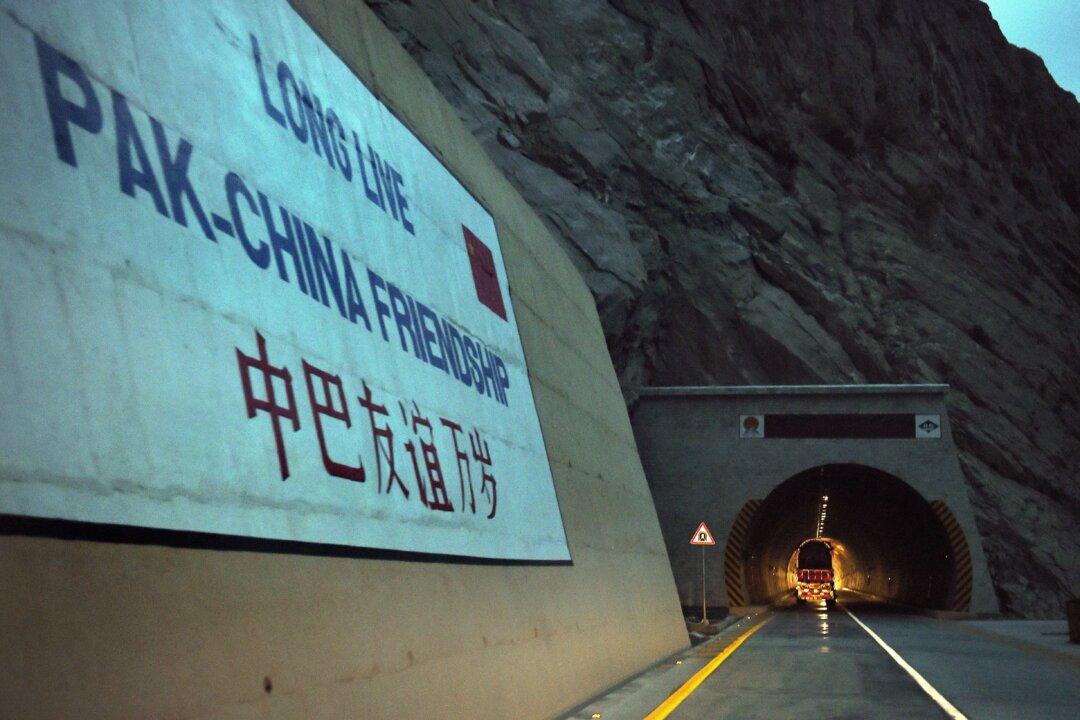The Taliban has agreed to extend China’s Belt and Road Initiative (BRI) projects to Afghanistan and pledged to deepen trilateral cooperation with China and Pakistan to achieve “win-win results.”
Chinese Foreign Minister Qin Gang held talks with his Pakistani counterpart, Bilawal Bhutto Zardari, and Afghanistan’s acting foreign minister Amir Khan Muttaqi in Islamabad on May 6.





